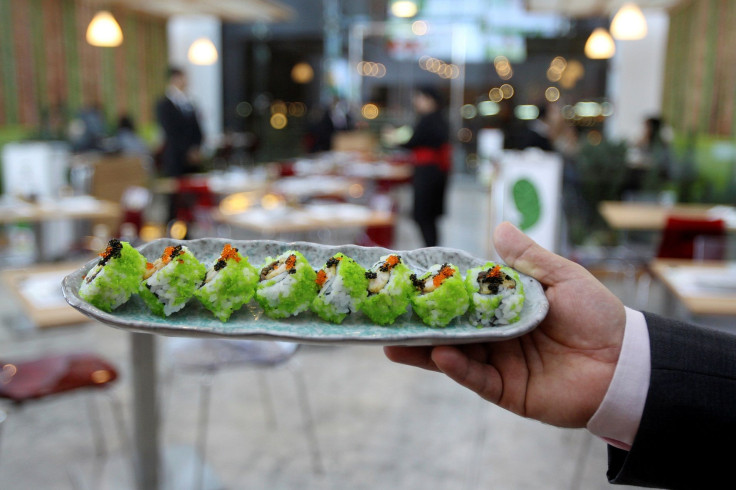NSW Sushi store operator, accountant fined $200K for exploiting young foreign workers

An NSW sushi store operator and his accountant were fined almost $200,000 after it was found that they had been ripping off young overseas workers. Kyoo Pty Ltd, which operates Masaki sushi outlet at Stockland Shellharbour, ran an illegal internship program that exploited three foreign workers of $51,025 from September 2014 to July 2015.
The Fair Work Ombudsman said Hyo Jun “John” Kwon, Kjoo manager and part owner, and his company entered into an “Internship Agreement” with a private Korean college called Busan Institute of Science and Technology. The program encouraged the three young women, aged 20 to 21, to come to Australia on 417 working holiday visas.
The agreement stated that the workers, who spoke little English, were paid flat rates of between $12 and $13.50 per hour in cash, with each one working four to six days per week and averaging more than 38 hours per week.
But because the agreement was not authorised by any Australian law and the work they performed at the sushi place was not a formal part of their college studies, they should have been classified as employees. This means they were entitled to be paid the minimum pay rates that applied under the Fast Food Industry Award 2010. Instead of $12 to $13.50 per hour, their minimum hourly rates should have ranged from $16.67 to $18.99 plus casual lodgings, and their penalty rates should range from $23 to $47 an hour. There were also unlawful deductions made from their wages for accommodation.
The FWO said that after it issued a Notice to Produce records to Ok Gyu Lim, Kjoo’s accountant and the director of the accountancy firm Hanlim, he created false pay records showing the workers had been paid much higher wage rates than the actual pay they received. Judge Philip Dowdy said the company deliberately and intentionally underpaid employees to gain financial advantage.
“The deliberate targeting of the employees for underpayment is emphasised by the fact that all other employees of businesses associated with Mr Kwon had been paid according to Australian Law,” the judge said. “I regard the creation of this false documentation and its submission to the [Fair Work Ombudsman] as if they were true and correct as the highest level of dishonesty.”
The FWO discovered the underpayments to the workers after it received requests for assistance from the workers to launch an investigation. The underpayments were rectified before the litigation started.
Kwon was penalised $32,352 for the worker exploitation, while Lim was also ordered to pay $4,608 for his involvement. Fair Work Ombudsman Natalie James said the penalties imposed to Kwon and Lim reinforced the message of serious consequences for employees exploiting internship programs as cheap labour. She added that the agency is prepared to use accessorial liability laws to hold perpetrators responsible.






